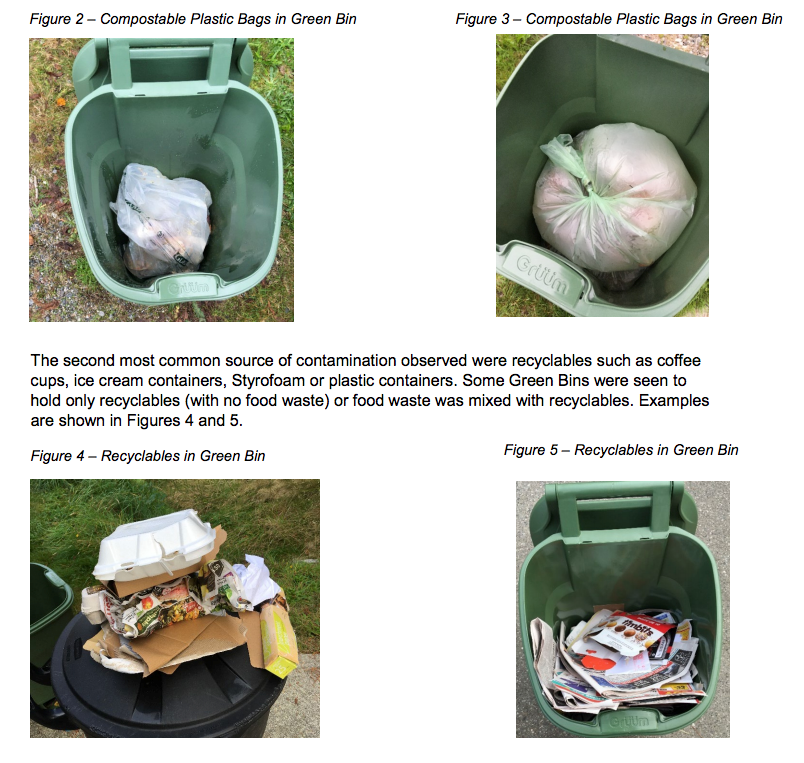Sunshine Coast Regional District (SCRD) directors are declaring the rural food waste collection program a success after reviewing data from the program’s first five weeks.
“Total success, that’s all I see here,” said Area F director Mark Hiltz in response to a Nov. 19 infrastructure services committee report about the program. “This is just an awesome rollout and project – and great results.”
Chair Lori Pratt said while she was “still opening up my email to some angst about the green bin program,” the data so far are “very promising “and overall feedback has been “really positive.”
Since Oct. 13, garbage tonnage deposited at the landfill dropped by 40 per cent and between Sept. 29 and Nov. 5 about 62 tonnes of food waste were collected from green bins in Halfmoon Bay, Roberts Creek, Elphinstone and West Howe Sound.
Participation was as high as 82 per cent in the second week, up from a low of 56 per cent in the first week.
The program, which launched in early October, has led to some issues. About 60 of the approximately 300 inquiries about the program were complaints, and topping the list in the staff report was the switch to a biweekly garbage pickup schedule from the regular weekly collection.
Sechelt director Darnelda Siegers asked about solutions for people with heavy and smelly garbage loads, such as cat owners with kitty litter and families who use disposable diapers, since they’re now forced to store it for an extra week.
Solid waste manager Robyn Cooper said an extra garbage tag can be purchased for $2.50 if the amount of garbage exceeds 20 kilograms or 77 litres or they can self haul to the landfill in Sechelt, up to five bags for $5.
About 40 per cent of participants used extra garbage tags the week of Oct. 20, which Roberts Creek director Andreas Tize said seemed “shockingly high.” The staff report said the increase was expected since the week followed Thanksgiving and it was the first time two weeks’ worth of garbage was collected.
“Our household of three probably needs to empty our bin about once every six weeks,” said Tize. “It seems to be that people are just lazy.” He said more education was needed about waste disposal options.
Hiltz noted the 40 per cent reduction in tonnage, so “even putting out extra cans there was still a significant reduction in garbage.”
Other complaints included the desire to use “compostable plastic bags” to hold food waste, issues with wildlife in the first two weeks and requests to opt out.
Plastic bags were the most common contaminant, as were recyclables such as coffee cups, Styrofoam and newspaper.
Siegers asked how they could address the bag contamination issue. “We think we’re doing a good thing in that we’re using compostable bags or biodegradable bags and yet they’re not to be included in here. How do we deal with that?”
Cooper said the SCRD chose to only allow the use of paper bags because it’s impossible for staff to “monitor or mandate” that they’re “stamp certified compostable.”
They have also discussed the issue with local businesses.
Food trackers who reviewed the contents of the green bins as part of the analysis noticed “a lot of wasted food” in the loads, including an “entire uncooked turkey, a full unpackaged 10-lb. bag of potatoes and many whole zucchinis.”
A report on the impact on the landfill is expected in early 2021.



